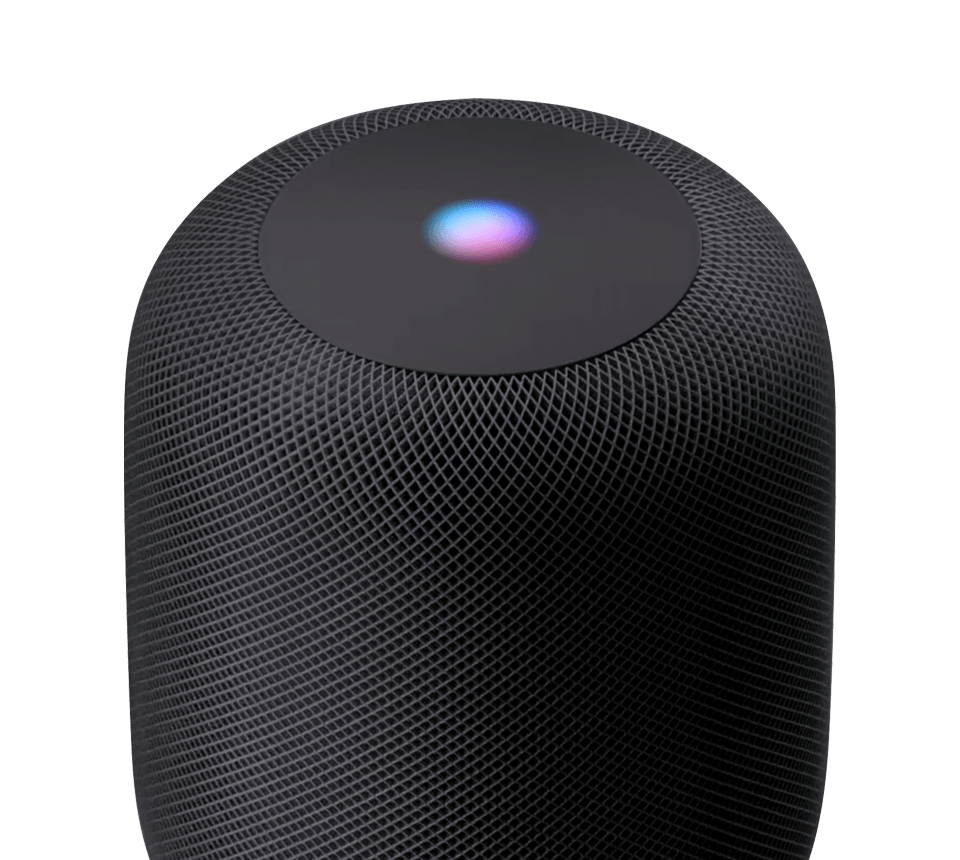
Steve is back to recording the podcast after a week-long hiatus due to a death in the family. Today we have three stories; one highlighting major US carrier Verizon, another the HomePod, and the final focusing on wireless mobile chip vendors Qualcomm and Broadcom:
- Verizon announced that it will begin locking smartphones for a specified amount of time in order to reduce criminal demand for its unlocked phones
- A scientific test of Apple’s new HomePod smart speaker proves that it has excellent sound quality
- Apple suppliers Qualcomm and Broadcom are set to restart talks on a possible takeover of Qualcomm by Broadcom; any takeover would have an impact on Apple
The text version of the podcast can be read below. To listen to the podcast here, click the play button on the player below. Apple News readers need to visit Apple World Today in order to listen to the podcast.

Text Version
This is Steve Sande for Apple World Today, and you’re listening to the AWT News Update podcast for Monday, February 12, 2018. During the past six days the podcast has been off the air due to a death in my immediate family.
Over the past few years, Verizon has been unlocking brand new phones it sells to consumers, which allows customers to immediately grab a SIM card from another carrier and get onto a different carrier. This can be very useful for those who travel internationally, as smartphones that are not locked to a particular carrier can be outfitted with pre-pad SIMs for immediate usage overseas. The company today announced that it will begin locking the phones it sells for a period of time after the purchase, thus falling in line with the other carriers in the US. Verizon says that it’s doing this to keep criminals from stealing phones that are en route to retail stores or stealing them from the stores themselves. Unlocked phones that are stolen can be sold on the black market easily, which makes them an attractive target for thieves because of their popularity and high resale value. According to Tami Erwin, executive Vice President of wireless operations for Verizon, “These steps will make our phones exponentially less desirable to criminals.” As with the other carriers, you will be able to have a phone unlocked in the future after a certain time period. AT&T currently requires customers to pay off their phones and be active on AT&T’s service for at least 60 days, and there’s a 14-day wait after you make your request. Sprint requires that you pay off the phone and wait 50 days, while T-Mobile has the same paid device requirement and a 40-day wait period.
Apple’s HomePod smart speaker has been available for several days now, and many reviews have been published including one by Apple World Today editor Dennis Sellers. The common thread for most of the reviews seems to be that the HomePod excels as a speaker, but that Siri’s smarts are lagging behind those of the other intelligent assistants on the market. So let’s focus for a minute on the audio capabilities of HomePod. Many of the reviews so far are giving general impressions that do not use precise measurements of the audio output of the HomePod; in other words, most of the reviews are strictly relying on the ears of the reviewers. Well, Reddit user Fouzan Alam wrote a gigantic review for Reddit’s r/audiophiles sub, and he believes that many of the initial reviews published are underselling the audio capabilities of the HomePod. Alam used a calibrated microphone in an untreated room to check out the HomePod and found it to sound better than the KEF X300A, which is a highly-regarded bookshelf speaker that sells for $999 — more than twice the $399 price tag of Apple’s speaker. Alam’s measurements find that the HomePod has a “near-perfectly flat frequency response,” staying accurate to a given track without emphasizing the treble, mid or bass frequencies. Alam says that the digital signal processing tech built into the HomePod lets it self-calibrate its sound to its surroundings, making it sound great at all volumes and almost any environment.
Apple has been battling wireless mobile chip vendor Qualcomm for some time now, and Qualcomm has also been the target of a takeover bid by rival Broadcom for a while. The two companies are now set to meet on Wednesday to discuss Broadcom’s $121 billion takeover offer, fascinating in that Qualcomm has rejected all offers in the past. Whatever the result of the takeover talk is, Apple will be affected. The company relies on both Qualcomm and Broadcom for components, but might be moving to Intel modem chips for 2018 iPhones as a result of the legal troubles with Qualcomm.
That’s all the news for today – join me tomorrow afternoon for another edition of the AWT News Update.
